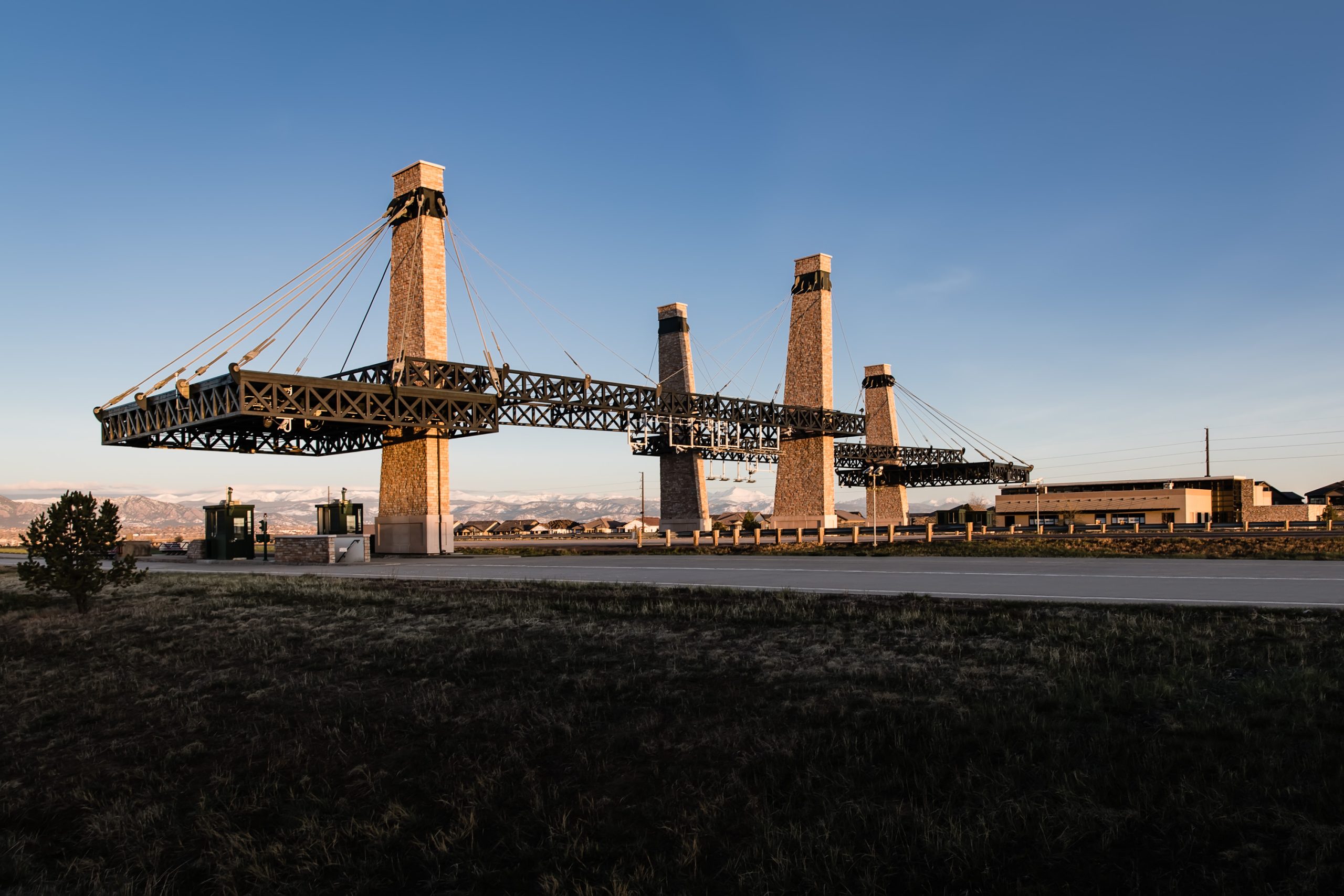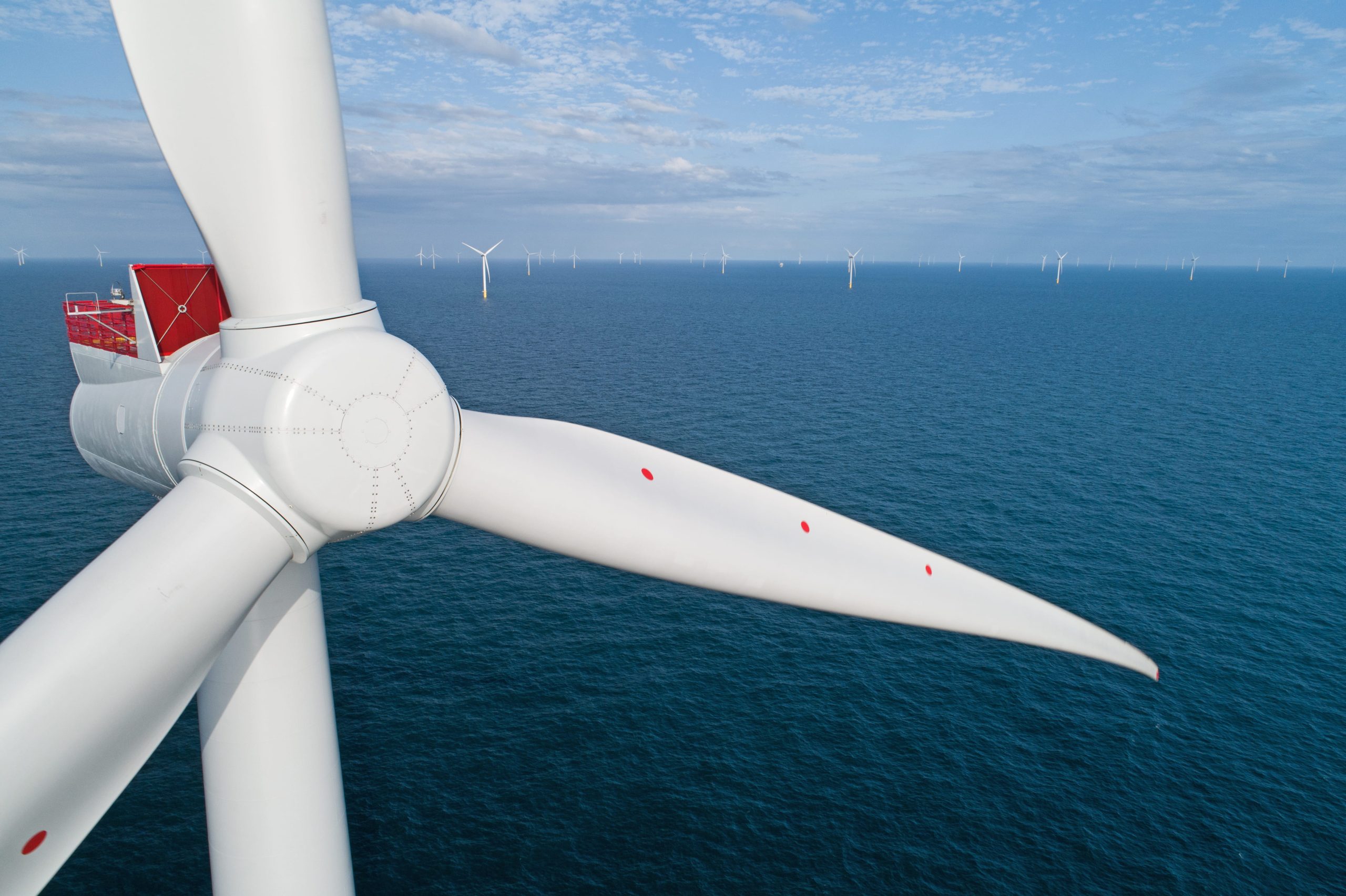Social & Transport infrastructure
From schools and hospitals to roads and rail networks, social and transport infrastructure assets are critical to the functioning of society, regional connectivity and play a crucial role in the global economy.
As new technologies emerge, existing assets decay, and societal needs shift over time, upgrading and building new social infrastructure is critical. The OECD estimates that an average of $6.9 trillion per year of infrastructure investment is required globally by 2050, simply to keep pace with economic growth. Moreover, there is a growing gap between infrastructure investment requirements and the state resources that are currently available to address those needs. With government balance sheets stretched, there is a substantial need for the involvement of private capital.
Similarly, according to McKinsey, over $2 trillion in transport infrastructure investment will be required globally each year until 2040 to meet the increasing demand for the movement of people and goods. With these tailwinds, the logistics and transport sectors are forecasted to represent a significant, long-term opportunity for infrastructure investors across both passenger and goods mobility.
The global logistics sector serves as the backbone of trade and of a growing consumer-driven economy, making it a key sector for infrastructure investors. Logistics is undergoing a meaningful shift, with deglobalisation driving a reconfiguration of critical supply chains across Europe and North America. In the passenger transport sector, decarbonisation initiatives are increasingly moving towards electrification. Simultaneously, regulatory frameworks are also mandating more efficient transportation solutions for freight, supporting the shift from road to rail and other low-emission approaches.

New and upgraded infrastructure will always be required – and significant investment is needed.
Enduringly attractive
There is a continuous demand for new and upgraded assets like schools, hospitals, roads, and rail networks. The criticality of core assets like these, together with their defensive market positioning and high-quality cash flows, makes them both an attractive and resilient investment.
Leveraging our experience
There is a growing need to expand and decarbonise swathes of existing infrastructure. Not only does this allow us to be highly selective in our approach to asset selection; we can also leverage our significant experience in both transport, energy transition and renewables. Furthermore, having been involved in the design of the PPP process in the UK, we are well positioned to capitalise on its enduring popularity in North America, Europe and Australia & New Zealand.
Active management
We have a long history in transport & social infrastructure, having made our first investment more than 25 years ago. We take the learnings we have developed over the years and apply them to our active management approach, seeking to match society’s need for well-built, reliable core infrastructure with the needs of our investors.
Case study

Other areas
*As at 30th December 2022
**As at 30th June 2024



